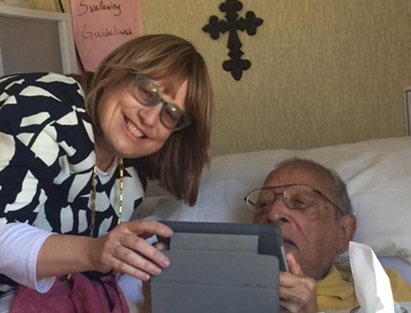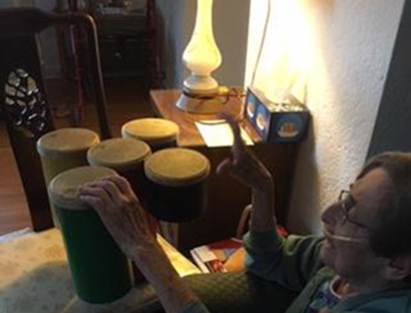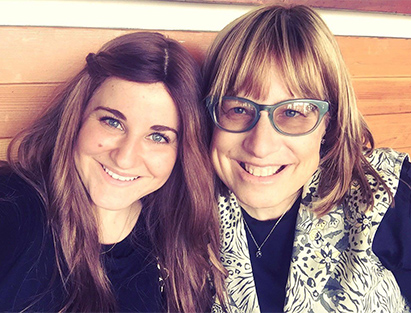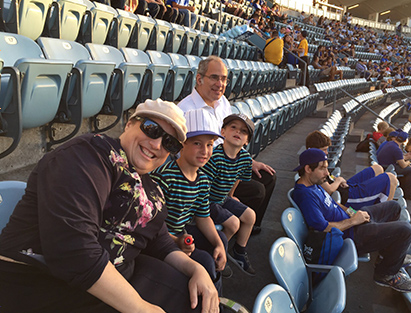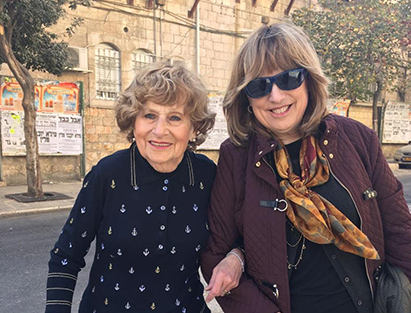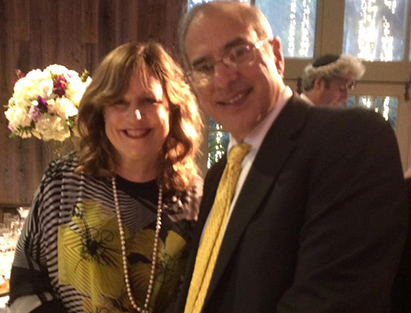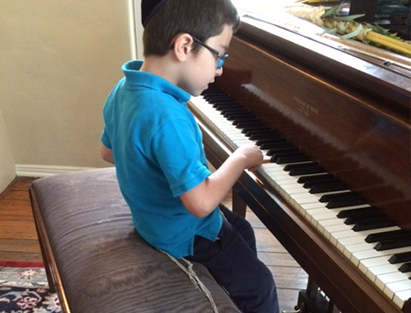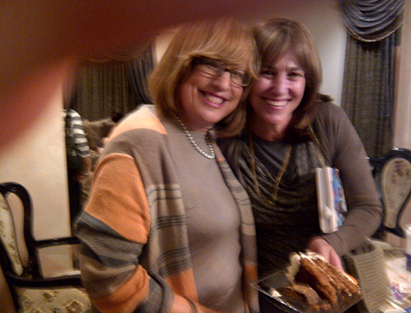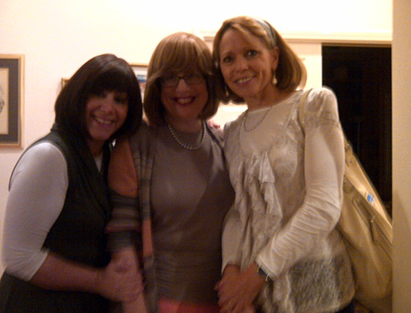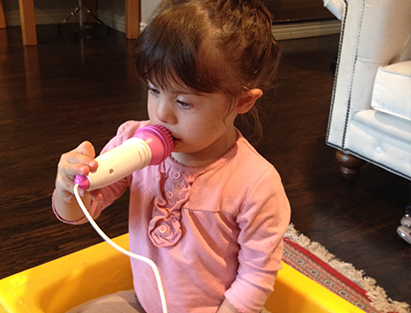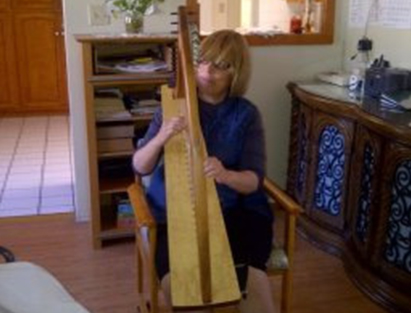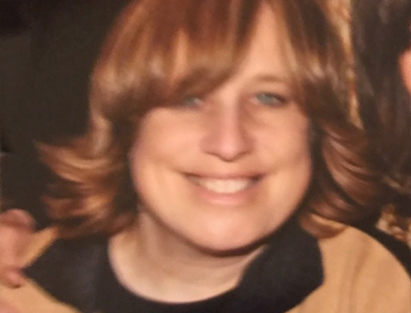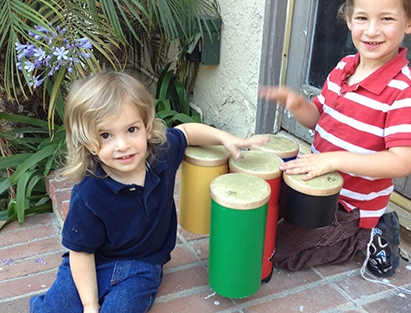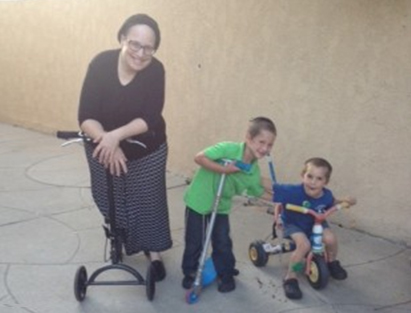How Valerie Harper’s Rhoda character Influenced my Teenage Years and beyond

Valerie Harper’s recent passing and the reminiscing that many have for her and the character of Rhoda Morgenstern that she portrayed on television in the 1970s, has got me thinking.
In those days, we’d turn on to the” Mary Tyler Moore show”, and my mother, sisters and I would laugh at the jokes. We’d marvel at the excellent acting and interesting characters. I remember when they introduced the character Rhoda, who was Mary’s upstairs neighbor and BFF. We admired Mary as this perfectly proper smiley Midwestern gal, and related to Rhoda, who made fun of herself and her weight issues. And we loved the lovable, honest, Jewish Rhoda with the New York accent. She and Mary were foils to each other: the proper Midwesterner Mary versus the more artsy and creative Rhoda who had a touch of insecurity, and huge heart. Her signature head scarves and colorful personality intrigued us all. From the self-deprecating jokes that Rhoda made about her tendency to gain weight, and Mary’s frustrations about her inability to confront her boss for a raise, there was something for everyone to relate to. Basic every day issues of self esteem, body image, friendship, relationships and feminist topics were approached with humor.
While we enjoyed the character of Rhoda, we knew that Valerie Harper was the non-Jewish actress who literally created the character. (She reportedly molded the character from her Jewish step-mother). True, the writers and directors initiated the idea of that supporting role to the main star, Mary, on the show. But it was Valerie Harper who breathed life, love, and light into the character. She’s the one who rounded it out to be someone that millions of Americans would tune into week after week. And when “Rhoda,” the spin-off of the MTM show began, with Rhoda as the main character, 52 million people tuned in to watch Rhoda and Joe get married on that show. How’s that for a television show “going viral?!” Imagine 52 million views on a You-Tube video! Not bad!
The idea of poking fun at oneself, not taking oneself seriously, venting to a good friend, having ambition for a good career and dealing with the various personalities of a work situation, resonated with us. In a time when television was our main form of entertainment, this was the time of realistic characters rather than stereotypical exaggerated characters appearing on television. It was a time where being “real” and honest was valued, and not something to be ashamed about. Rhoda’s character stayed in our hearts and minds as an important era of pop culture.
Years later, after I got married and moved to California, my mother would come visit me in LA to help me. I recall after the birth of my second son, that my mom arrived late at night with a story to tell me. She’d been on the plane from NY for six hours and was tired after a long flight. As she walked down the aisle, away from her seat, towards the exit with her carry-on luggage, my mom heard a raspy voice saying, “Hey, sweetheart, you have something stuck to the bottom of your shoe…” My mom turned around and watched as a lady behind her bent down to remove a sticky paper off the bottom of my mom’s shoe (“here, let me take it off for you….there…it’s off”). My mom looked up at the lady, recognized her immediately and without hesitating, asked, “Hey, aren’t you Rhoda?!!”
Yep, it was Rhoda. Well, it was Valerie Harper, but she didn’t quibble over the difference. She knew she was Rhoda to everyone – despite her fame and many other roles she played in her life. “Yes, that’s me. Nice to meet you.” My mom then said, “Oh, I’m going to visit my daughter in LA, and she’s such a fan of yours. She loves you…”
Now, if I were there, I’d said, “Well, Ma, you’re also a fan of Rhoda’s! Not just me. But okay, we weren’t quibbling. It’s okay. My mom then asked her where she’s coming from. And she said she’s coming from a recent trip to Africa where she helps support starving children. This was in the 1980s and yes, Valerie Harper was traveling the world helping others, besides advancing her career.
Anyway, my mother wasn’t shy and asked the actress to sign her autograph “for my daughter Miriam,” which she did, and it was on a white envelope that my mom found in her purse. My mom gave me the autograph. Needless to say, I was less excited with the autograph than with the heartfelt story of how Ms. Harper the actress, the human being was so similar to the role that she played – at least in the way that they both had huge and giving, and humble hearts. And with the cute turn of events. My mother still remembers that encounter.
After Rhoda got sick several years ago, I talked about it with my mother. She said, “Oh I remember she took that tissue or sticky paper off my shoe!” I think the taking the tissue off the shoe showed her realness. In life and in her character. As Jewish people, we value honesty and realness. The idea of humor that’s not at the expense of someone else is a truly Jewish value. The fact that comedians were around in the mid 20th century who were Jewish and made people laugh without hurting other people’s feelings, is a tribute to the Jewish culture. And Rhoda’s character, inhabited by the gifted Valerie Harper personified the humility of making fun of herself and getting people to laugh. The lines she delivered with just the right timing and tone were what brought so many people joy.
In her later years, she was ill with cancer but she never let her illness get her down. She modeled living each day to the fullest, continuing to get acting jobs, dancing on shows like “Dancing with the Stars,” and spreading the word about raising money to find cures for cancer.
I truly believe that Valerie Harper brought joy to people in her life and in the years leading up to her death. I think she was a unique human being who’s actions and attitudes influenced by coming-of-age years and beyond. May she rest in peace.

